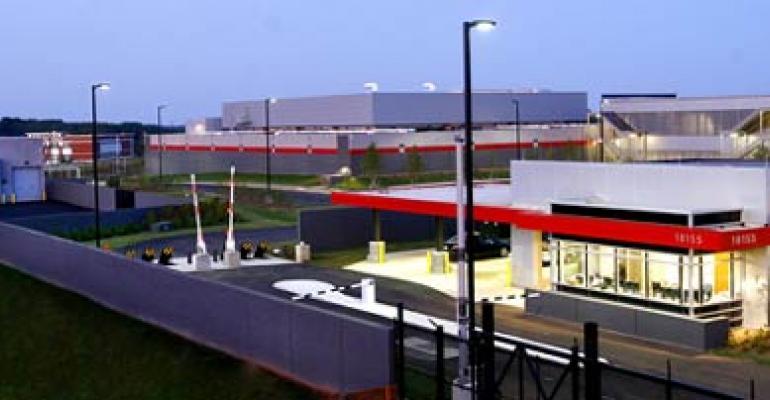When Verizon acquired data center provider Terremark in 2011, forming the foundation of its cloud play, there were questions as to whether Terremark would remain carrier neutral following acquisition by a massive carrier.
Carrier neutrality has not traditionally been common practice for Verizon, but that is something the company has been changing.
Verizon has been gradually adding more and more carrier-neutral data centers to its footprint, where customers now have the option of selecting third-party network providers for carrier diversity and redundancy. The most recent example is the addition of five facilities -- in Boston, Denver, New York, Virginia and Seattle -- to the roster of its carrier-neutral facilities.
While it operates one of the largest, most diverse networks in the world, customers demand options, and Verizon is now giving them what they need. The company now has a total of 16 colocation facilities that offer unrestricted interconnection with multiple carriers, which is still a small part of the overall fleet of data centers.
Verizon data centers normally have dual-carrier network connectivity, Verizon acting as the default network and an alternate, pre-selected carrier providing backup network services.
Carrier neutrality has been consistently rising as a need for colocation and managed services facilities, and it is very likely that Verizon’s enterprise hosting business has lost some business in the past because it did not offer it.
"More and more enterprise and government clients are opting to utilize colocation services to augment existing data center capacity rather than build their own facilities,” said Guy Tal, manager of data center interconnection services for Verizon Enterprise Solutions. “By loosening previously restrictive interconnection policies, we are meeting customer requirements for flexibility and choice, thereby enabling an easier migration path to using a third-party provider for critical data center services."
Benefits of these facilities becoming carrier-neutral include:
- Greater choice and flexibility in selecting a network service provider to connect the Verizon colocation data center to client offices and facilities, as well as universal Internet connectivity for partners and customers.
- Enhanced carrier redundancy.
- Ability to fully leverage existing relationships with network service providers.
- Streamlined processes and lower costs associated with carrier management.





